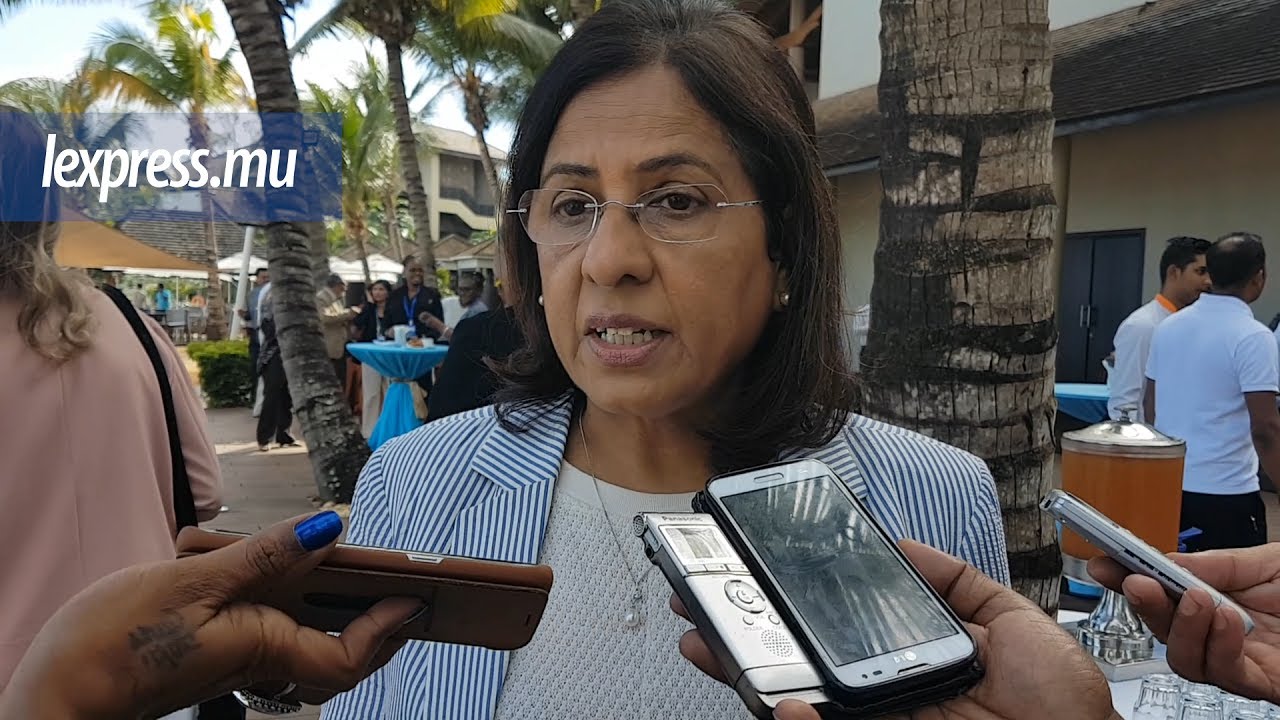To achieve long-term change, we need to create a shift in the thinking of the future generation by changing the way we socialise them so that we will build a society that has greater recognition for gender equality. We should instil the idea that men and women are entitled to equal rights and that women’s rights are human rights. Both should have balanced responsibilities at home so that both can have the chance to have an equal role in society and in the economy.

The Vice-Prime Minister, Minister of Local Government and Outer Islands, Mrs Fazila Jeewa-Daureeawoo made this statement this morning at the opening ceremony of the third edition of KIP Leading Women Programme 2018, held at Eureka House in Moka.
Several women professionals occupying executive positions in different organisations are attending this two-day leadership programme. The programme is an initiative of the KIP Centre for Leadership, run in partnership with the prestigious GIBS University of Pretoria.
According to Vice-Prime Minister Jeewa-Daureeawoo, 2018 is a special year for the country given that it is celebrating its 50th independence anniversary and it is an opportune moment to take stock of all the progress achieved during the last five decades, including the contribution of women.
She pointed out that the involvement of women in the economic development of the country started in the 1970s with their growing presence in the manufacturing sector. As from 1980, she added, their presence and contribution increased as Mauritius made significant progress in terms of women’s rights and the reform of the Code Civil brought about the emancipation of women.
Speaking about the evolution of women’s rights in Mauritius, the Vice-Prime Minister underscored the key role that the setting up of the Ministry had in entailing profound changes in the status of women. Today, she pointed out, women have charted their way in every sector of the society, with a high representation in the Judiciary wherein they constitute 50 % of judges and 70 % of magistrates and have reached top grades in the Public Sector.
Mrs Jeewa-Daureeawoo emphasised that gender diversity at the workplace greatly contributes to better decision-making. Initiatives such as the KIP leadership programme, she stated, will help women to bridge gender issues at work and provide them with the tools to break barriers.
On that score, she underlined that the issue of gender parity is still persistent in the private sector regarding women taking up leadership roles. Furthermore, she deplored the persistent gender gap in the society wherein discrimination in the form of stereotypes, violence, oppression, difficulty in accessing leadership roles, bearing most responsibility of children still pervades to the detriment of the progress of women.
It is crucial at this point, she emphasised, to focus on creating the workplace of the future which recognises that employees have other commitments that extends to the office walls. As long as the responsibility of home and family is placed predominantly on women, they will find it harder to reach positions of leadership, she said. Measures to help employees reconcile with personal and professional life, such as flexible working arrangements or the creation of day-care facilities can help to alleviate this pressure, added Mrs Jeewa-Daureeawoo.

